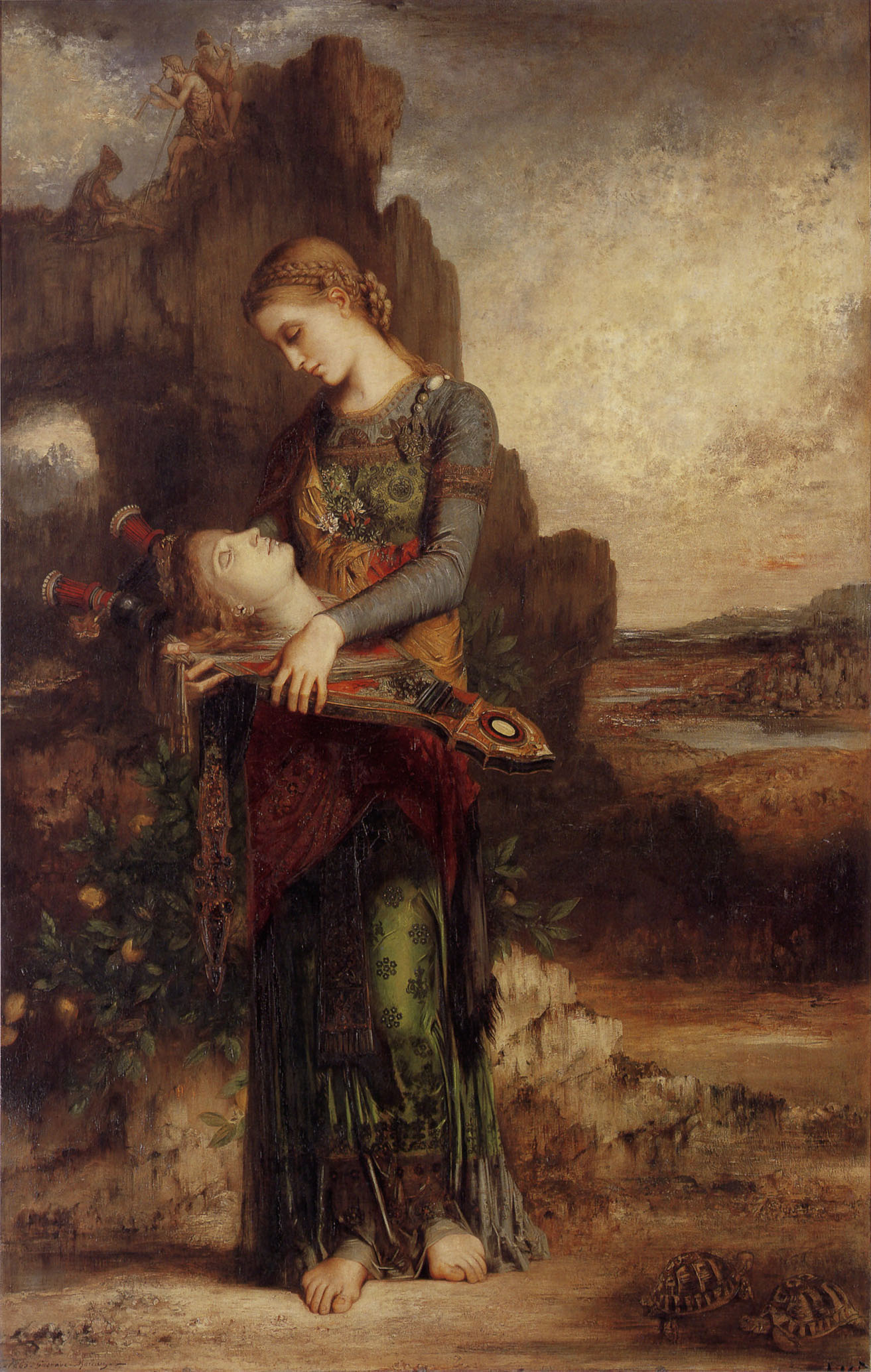The Miller's Tale was a hilarious read, one which I thoroughly enjoyed. I take a certain amount of pleasure out of the humiliation of men, particularly those insistent on pursuing unrequited romantic or sexual interest, and Absolon's scatological demise (when "Nicholas anon let fle a fart" (3806)) was particularly amusing to my taste.
 |
| Butts are indeed the highest form of comedy. |
However, to take a darker tone, there was a particular note that troubled me, and one that seems to form somewhat of a pattern in Chaucer's work: the vindication of the rapist. I discussed this at some length in a previous blog post, discussing the Wife of Bath's Tale. In that post, I used the protagonist's ultimate escape from any consequences (and essentially, his benefit) from having committed the violent crime of rape that served as the main conflict and driving plot force of the tale as part of my argument that the text fails to stand up to a critical feminist analysis.
While not involving the same (assumed) intensity of the rape in the Wife's Tale, the Miller's Tale is also heavily driven by a man committing an act of sexual assault, when Nicholas grabbed Alisoun "by the queynte," (3276) without consent and to her protestations. Again, not only does he not receive any sort of punishment for doing so (except arguably the hot poker from Absolon), but he is rewarded with fulfillment of his sexual aims. This pattern is alarming and certainly indicative of underlying misogyny in Chaucer, even as he attempts to subvert tropes rooted in it.
 |
| Get it?? ...because it's ROOTED in it??? ...no? anyone?... I'll show myself out. |
The obvious counter-argument here is that this tale is not to be taken literally or seriously, as it's parody. This calls to my mind an infamous interview in which Slovenian cultural critic Slavoj Zizek is praising the film Kung Fu Panda.
Zizek interprets Kung Fu Panda as being effective because it parodies an ideology while simultaneously endorsing it wholeheartedly. I believe the Miller's Tale is a Kung Fu Panda - while parodying misogynist tropes of the era, it also endorses and rewards misogynist exertion of power. This is doubly effective - those who support this subjugation will enjoy its endorsement, and those who oppose it will enjoy the subversion. Both will implicitly support the text's patriarchal ideology.
Thinking on a larger scale, I find intrigue in Chaucer's use of the Kung Fu Panda ideological tactic simply because it's one I most strongly associate with the liberalism of the Enlightenment to the present, as it is a tool often used to obscure the ideological nature of content that supports hegemony within this framework. I don't know enough about the history of the Kung Fu Panda to evidence this, but I suspect that, similarly to things I discussed in my previous blog post, Chaucer is anticipating ideological components of liberalism and capitalism in a way that leaves him seeming, ironically, very forward-thinking (in the sense of dialectical progression of history) despite his misogynist tendencies.

























